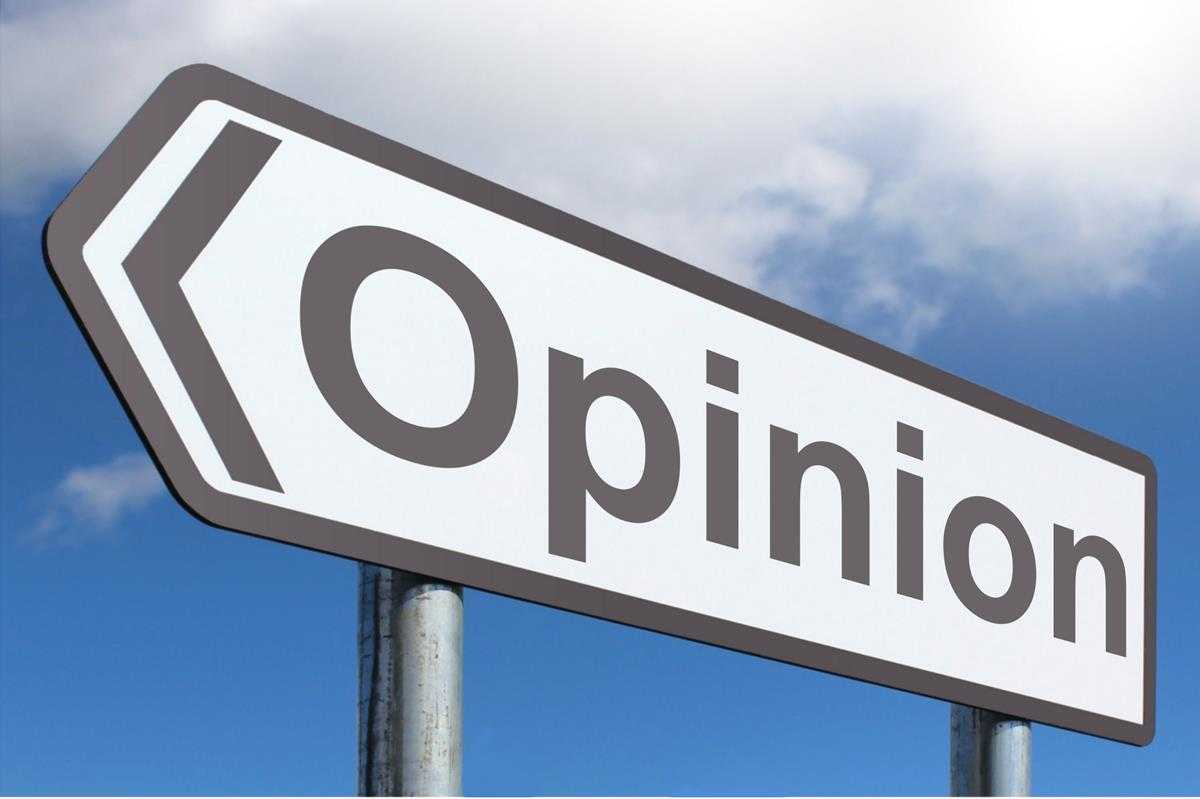Kananelo Boloetse
On February 13, 2025, we celebrated World Radio Day, a moment to reflect on the profound role radio plays in shaping our society, informing public discourse, and driving national progress.
This year’s theme, “Radio and Climate Change,” serves as a timely and urgent reminder that radio must be more than just a medium of entertainment, it must be a platform for education, engagement, and empowerment.
Lesotho has come a long way in establishing a dynamic and diverse radio landscape. Today, we boast over 20 radio stations, including community broadcasters that serve as vital lifelines to local populations. Notably, only two of these stations are state-owned, a testament to the strides we have made in fostering independent media.
However, with this independence comes an immense responsibility: to ensure that radio remains a vehicle for constructive dialogue rather than a battleground for misinformation, character assassination, and political propaganda.
Freedom of the press is a hard-won privilege, but it is also a delicate one, easily undermined when broadcasters prioritise sensationalism over substance, controversy over credibility, and spectacle over the pursuit of truth.
Radio must resist the temptation of being reduced to a kangaroo court where people’s dignity and integrity are casually trashed for the sake of entertainment or political expediency. The airwaves should not be used as a weapon to settle personal vendettas or advance narrow interests at the expense of the public good.
When radio stations allow themselves to become platforms for unverified allegations, inflammatory rhetoric, and unchecked bias, they fail in their fundamental duty to inform and educate. They turn into echo chambers of division rather than beacons of enlightenment.
Instead, radio must reclaim its role as a trusted public service tool, one that fosters meaningful conversations, bridges divides, and propels Lesotho forward. It should be a space where diverse perspectives are welcomed, where national issues are debated with depth and integrity, and where the voices of the people are amplified in a responsible manner.
True journalism is about holding power to account, not tearing individuals down through reckless broadcasting.
Sensationalism and irresponsible reporting do not only erode the credibility of our media but also weaken the very fabric of our democracy. The public depends on the media to separate fact from fiction, to provide clarity in times of uncertainty, and to serve as a watchdog against abuses of power. When the media itself becomes a source of misinformation and manipulation, it betrays the trust placed in it by society.
In an era where trust in the media is increasingly fragile, radio practitioners must rise to the occasion and restore faith in ethical journalism. This means upholding principles of fairness, accuracy, and balance. It means resisting external pressures that seek to compromise editorial independence. It means being deliberate in choosing content that serves the national interest rather than personal agendas.
Lesotho’s radio industry has a powerful role to play in shaping public opinion, influencing policy, and driving national development. But to fulfill this role effectively, it must operate with integrity.
The responsibility lies not just with station owners and managers, but with every producer, editor, presenter, and journalist who steps behind the microphone. The strength of our democracy depends on a well-informed public, and a well-informed public depends on responsible, ethical, and independent media.
Radio has the power to inspire, to educate, and to unite. Let us ensure that it is used for the right purpose, not as a tool of division, but as a force for progress.
Among the most pressing issues requiring sustained media attention is climate change. Despite its severe consequences, prolonged droughts, soil erosion, and erratic rainfall patterns, climate change remains underreported and misunderstood in Lesotho. National forums, seminars, and conferences on this existential threat are rare, and as a result, public awareness is dangerously low.
If we are to foster a national response, radio must lead the charge in educating Basotho about the realities of climate change and the urgent need for action.
While some media houses have taken commendable steps—such as The Post, Lesotho Times, Bokamoso 974, The Uncensored News, and Seahlolo—the broader media landscape remains largely silent on climate issues. This silence must be broken.
We call on radio proprietors, managers, editors, producers, anchors, and reporters to dedicate more airtime to climate action programming. By doing so, they will not only fulfill their duty to inform but also play a critical role in shaping policies that protect our environment and future generations.
Historically, radio has been at the forefront of social and political transformation. Since the adoption of the Paris Agreement at COP21, radio stations worldwide have played a pivotal role in shaping public perceptions of climate change.
Lesotho must follow suit. Radio possesses a unique ability to create mental imagery and evoke emotions, making it a powerful tool for breaking down complex issues into relatable narratives, particularly for rural communities where it remains the most accessible source of information.
We urge all stakeholders in the radio industry to resist the lure of sensationalism and instead commit to broadcasting content that uplifts, educates, and empowers. Ethical journalism should not be an afterthought, it should be the foundation upon which our radio industry stands.
Radio is more than just a communication medium; it is a driver of social change. It must be used to hold power to account, to inspire critical thinking, and to promote conversations that will shape the future of Lesotho.
As MISA Lesotho, we remain steadfast in our commitment to advocating for a free, independent, and responsible media. We call upon all radio stations to step up and use their influence to address the real issues that matter to Basotho. Climate change is one of them, but so are many other urgent national concerns. The choice before us is clear: we either use radio as a tool for national progress or allow it to be hijacked by those who seek only personal gain.
The future of our nation depends on it.
World Radio Day is an international day celebrated annually on February 13th to recognise the importance of radio as a powerful medium for communication, education, and information. It was proclaimed in 2011 by UNESCO and later adopted by the United Nations General Assembly in 2012 as an International Day.
Summary
- This year’s theme, “Radio and Climate Change,” serves as a timely and urgent reminder that radio must be more than just a medium of entertainment, it must be a platform for education, engagement, and empowerment.
- It should be a space where diverse perspectives are welcomed, where national issues are debated with depth and integrity, and where the voices of the people are amplified in a responsible manner.
- The public depends on the media to separate fact from fiction, to provide clarity in times of uncertainty, and to serve as a watchdog against abuses of power.

Your Trusted Source for News and Insights in Lesotho!
At Newsday Media, we are passionate about delivering accurate, timely, and engaging news and multimedia content to our diverse audience. Founded with the vision of revolutionizing the media landscape in Lesotho, we have grown into a leading hybrid media company that blends traditional journalism with innovative digital platforms.







